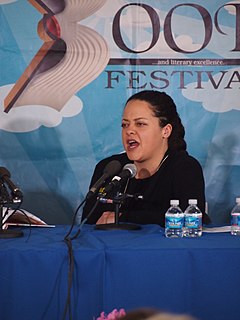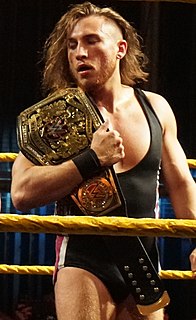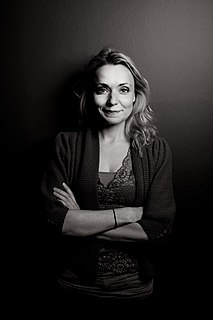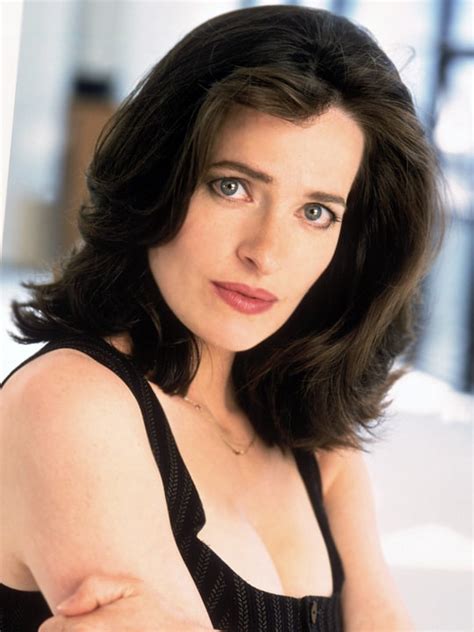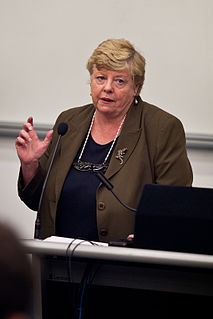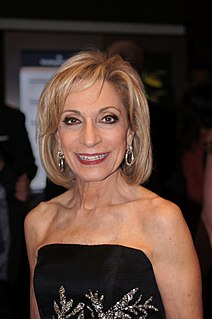A Quote by Anna Holmes
What's interesting, I think, is that a lot of times, women in powerful positions, when they do get critiqued, when they do get criticized, it often revolves around their appearance, their sexuality, their fertility, et cetera.
Quote Topics
Related Quotes
As a journalist, I never critiqued anyone. I never review books. I've never felt qualified as a musician to say whether someone is a good musician or a bad musician. What happens with Black writers and Black artists is that if you're critiqued, for example, by a Black historian who wants to get his name on the cover of "The New York Times," and he says something, like, wacky, well, he'll get his name on the cover of "The New York Times" and he might get tenure, and your career suffers.
I think desire gives us - imagination - as well as actually often we pay a terrible price for it. Women are punished around their sexuality and perceived to be immoral if they practice a certain kind of promiscuous sexuality. It's a very different thing still if you're a guy, if you're a woman and you're straight.
I'm having to do a lot to keep my clothes on and not be cast in girlfriend roles. Some women will say, "I don't want to be a man - I want the opportunities I can get as a woman." Women have a certain sexuality, and I think their bodies are beautiful and I'm not embarrassed to explore that in a film. But there are things you get offered that are vulgar and violent - just like there's a side of me that's vulgar and violent.
I think women don't see themselves and their sexuality as wholesome. And yet men's sexuality is everywhere. We experience it as a culture in stadiums, thousands of raging fans of male sexuality, screaming, "Kick the ball over the goal post. Get the ball in the hoop. Score a home run." Male sexuality lives in that prowess of the scoring, of conquering, of getting, of that beautiful male energy of domination, aggression, and the competition.
Women are so often segregated to their sexuality, and how they appear. In fact, there's a lot of talk, even now, I think in most jobs this is true... people will say, when a woman rises to power, they ask, 'who did she sleep with?' You know, it couldn't possibly be about her acumen, it couldn't possibly be about her intelligence. It's got to be about her body, because that's how women get ahead.
A lot of child actors think they need to re-invent themselves, especially young women. Usually what they do is they adopt a sort of overt sexuality. It's fine if they want to do that, but a lot of times I think they feel obliged to do that, and that is something that I don't think anybody should feel obliged to express.
I think we're in a really interesting moment for women globally just in terms of, like, historically, I think we're in an interesting moment for women. Because, it's important to remember, there have always been funny, funny women. Mae West was real funny. Marilyn Monroe was in one of the greatest comedies, Some Like It Hot, ever made. I mean, it's not like we're lacking. I just think the percentage of women in positions of power in all aspects of our culture is improving and women are standing up and demanding to be heard.
I've noticed a lot of people talking about the wealth of roles for powerful women in television lately. And when I look around the room at the women here and I think about the performances that I've watched this year, what I see actually are women who are sometimes powerful and sometimes not. Sometimes sexy and sometimes not. Sometimes honourable and sometimes not. And what I think is new is the wealth of roles for actual women in television and in film. That's what I think is revolutionary and evolutionary and it's what turning me on.
There's a lot of pain and suffering out there. I think there needs to be more joy, and love, and orgasms in the world. We are a pleasure-negati ve society. Suffering is much more acceptable. And I want to tell women that they are sexually powerful beings, but they often don't get in touch with it because they are socialized to please men.
